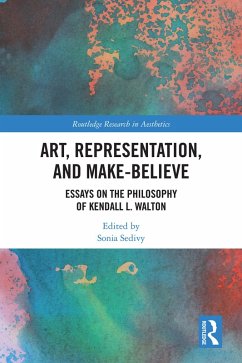
World as Will and Representation, Vol. 1 (eBook, ePUB)

PAYBACK Punkte
10 °P sammeln!
World as Will and Representation, Vol. 1 (eBook, ePUB)
Dieser Download kann aus rechtlichen Gründen nur mit Rechnungsadresse in A, B, BG, CY, CZ, D, DK, EW, E, FIN, F, GR, HR, H, IRL, I, LT, L, LR, M, NL, PL, P, R, S, SLO, SK ausgeliefert werden.













